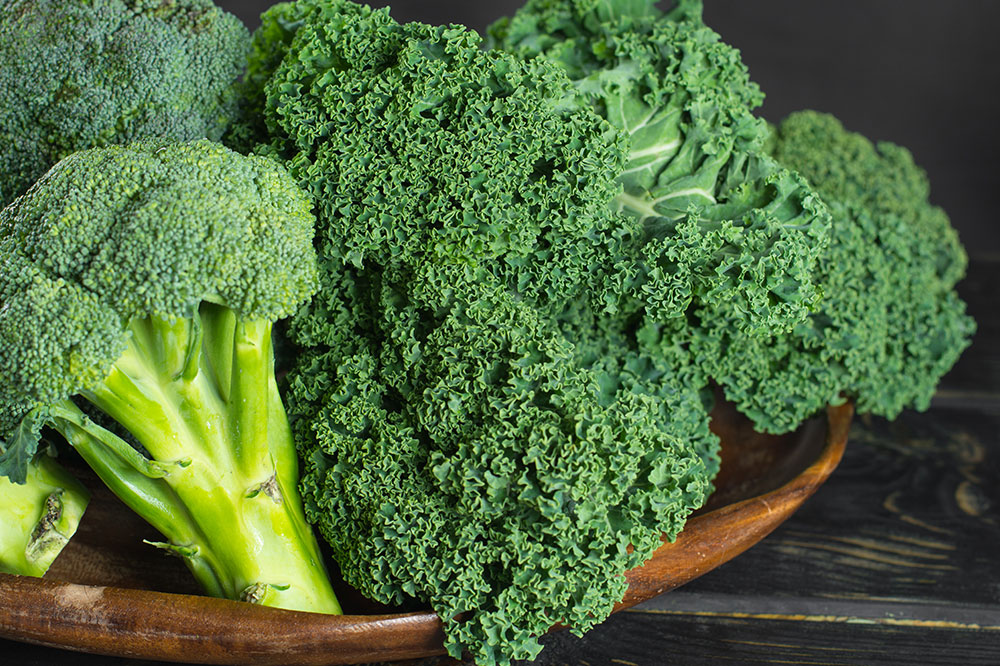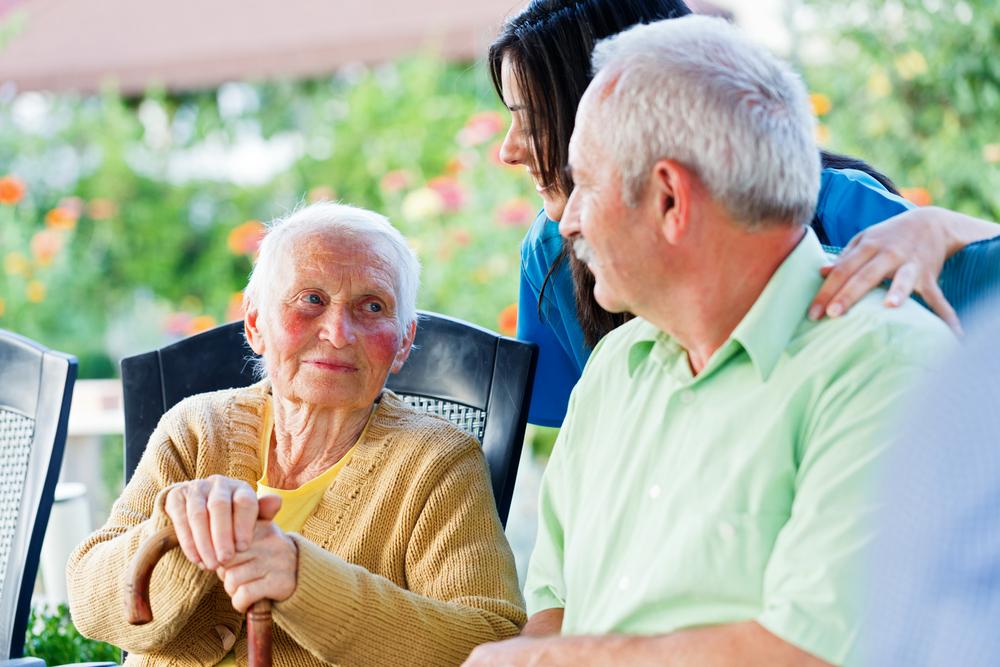Simple Strategies for Managing Lymphoma Effectively
This article offers practical tips for managing lymphoma through effective treatments, dietary adjustments, and lifestyle changes. It emphasizes early diagnosis, medication options like Ibrutinib, and symptom management strategies such as nutrition, clothing, and supportive therapies. Developing a personalized plan with healthcare professionals can improve quality of life while controlling disease progression. The content aims to educate readers on lymphoma management and the importance of professional medical guidance.

Understanding Lymphoma and Its Management
The lymphatic system, comprising the thymus, spleen, bone marrow, and lymph nodes, plays a vital role in defending the body against infections. Lymphoma, a type of cancer originating in these lymph nodes, primarily includes Hodgkin’s and non-Hodgkin’s lymphoma. Both forms are fast-growing and can spread rapidly throughout the body. Early-stage symptoms are often manageable through dietary adjustments, lifestyle modifications, and targeted treatments.
Medication Options for Lymphoma
One common treatment is Ibrutinib, sold as IMBRUVICA®, an FDA-approved oral medication. It's used to treat mantle cell lymphoma and small lymphocytic lymphoma (SLL). This drug belongs to a class called Bruton’s tyrosine kinase (BTK) inhibitors, which block enzymes that facilitate cancer progression.
The dosage varies based on disease advancement.
Dietary Recommendations
Incorporate cruciferous vegetables like broccoli, kale, and Brussels sprouts along with whole grains and oats into daily meals.
Prioritize lean protein sources such as poultry and seafood in your diet.
Replace full-fat dairy with low-fat, organic alternatives.
Consume fresh fruits like apples, bananas, melons, and cherry tomatoes to support immunity with essential nutrients.
Maintain food safety practices—wash, peel, and keep cooking areas clean—to reduce infection risk.
Managing Symptoms and Lifestyle Adjustments
Symptoms like swollen lymph nodes, fatigue, night sweats, weight loss, itching, and pain require lifestyle tweaks. Use lightweight, breathable clothing and layered bedding to manage night sweats. Applying unscented moisturizers, taking oatmeal baths, using cool packs, and wearing loose clothing can alleviate skin irritation. Cold and heat therapies help control lymphoma-related pain. Supportive care and cognitive therapies assist with mental clarity and emotional well-being. Developing a personalized action plan with your healthcare provider ensures appropriate diagnosis, treatment options, and symptom monitoring.
Important Reminder:
The information provided is for educational purposes only and not a substitute for professional medical advice. Always consult licensed healthcare providers for diagnosis and treatment decisions.










